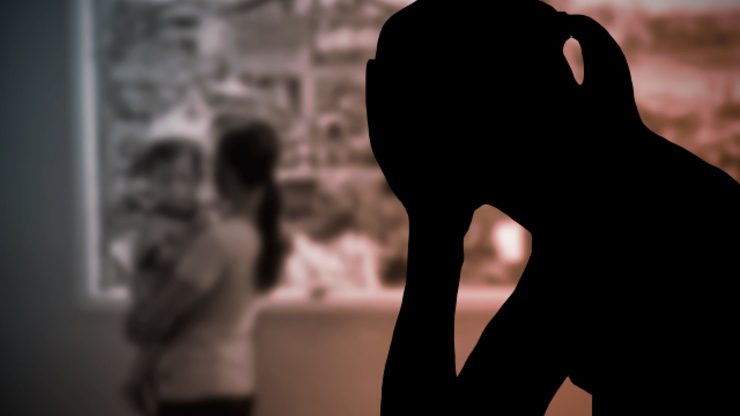SUMMARY
This is AI generated summarization, which may have errors. For context, always refer to the full article.

MANILA, Philippines – The World Health Organization (WHO) said one of the common mental disorders on the rise in Yolanda-affected areas is depression among mothers who gave birth during and after the disaster.
“The most common rises are depression, anxiety, post-traumatic stress disorder, and then for women who have had babies during the typhoon or afterwards in difficult circumstances, [we see] a rise in postnatal depression,” WHO Representative in the Philippines Julie Hall told Rappler.
The UN agency estimated over 800,000 people in Yolanda-hit areas have suffered different mental health conditions over the past year, with 80,000 requiring further medication and support.
Hall said that at the one year mark, they estimate depression and anxiety disorders to double from the baseline of about 10% of the population to 20%.
STORIES ON MENTAL HEALTH AFTER YOLANDA:
- WHO: Mental health problems emerging in Yolanda-hit areas
- Yolanda a year after: Many still suffer grief, depression
- Post-Yolanda: Community support key to mental health
- Taking care of Marabut’s mental health
- Post-Yolanda: ‘Cases of mental disorders to rise until 2015’
She added the rates of depression are “quite high” among young mothers, especially teenage ones, after disasters.
WHO earlier said more teenage pregnancies are expected in areas hit by Super Typhoon Yolanda (international name Haiyan) last November 2013.
“The problem with postnatal depression is that not only [does the] mom feel very sad, but she will struggle to be able to look after her baby,” Hall said, adding that women with postnatal depression often worry about whether they are good mothers to their children.
If a mother’s depression is left untreated and becomes severe, there is a chance her child will also suffer depression while growing up, and the issue will become “an intergenerational thing,” she said.
“There’s a lot of studies that show that you learn how to be happy in the first two years of your life, and if you’re around a mom who’s very sad, really depressed, not giving you lots of eye contact, smiles, those sorts of things, it’s actually quite difficult for that child to learn how to be happy later on in life,” Hall added.
And with 15,000 babies being born in these areas every month, postnatal depression becomes an urgent matter.
Depression and other mental disorders are one of the leading causes of disability in any country, Hall said, causing a huge amount of psychological pain that stops people from being productive in their families and communities.
“But again, postnatal depression can be treated very effectively if it’s detected quickly – the medication, talking therapy, lots of community support, and loads of support to mom to show how she is a good mom, and she does care,” Hall said.
In the Philippines, where mental health services were “limited” prior to Yolanda, both the government and other health organizations like WHO have seen the importance of investing in mental health in the community. – Rappler.com
For Rappler’s full coverage of the 1st anniversary of Super Typhoon Yolanda (Haiyan), go to this page.
Add a comment
How does this make you feel?





There are no comments yet. Add your comment to start the conversation.